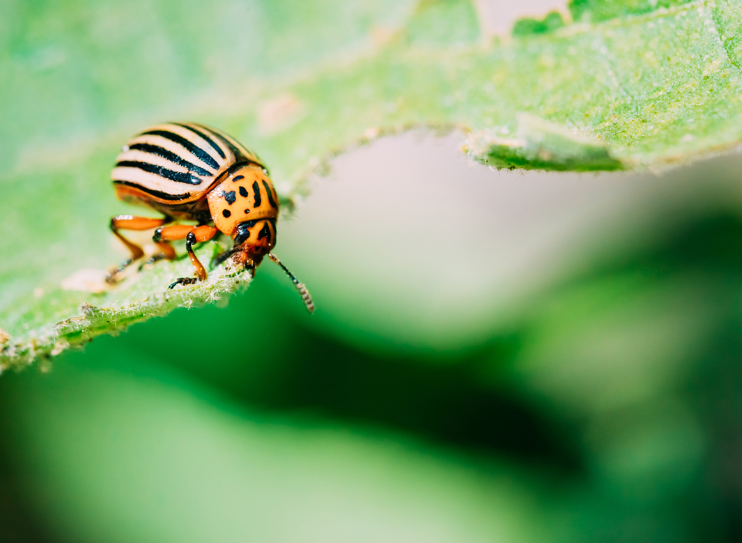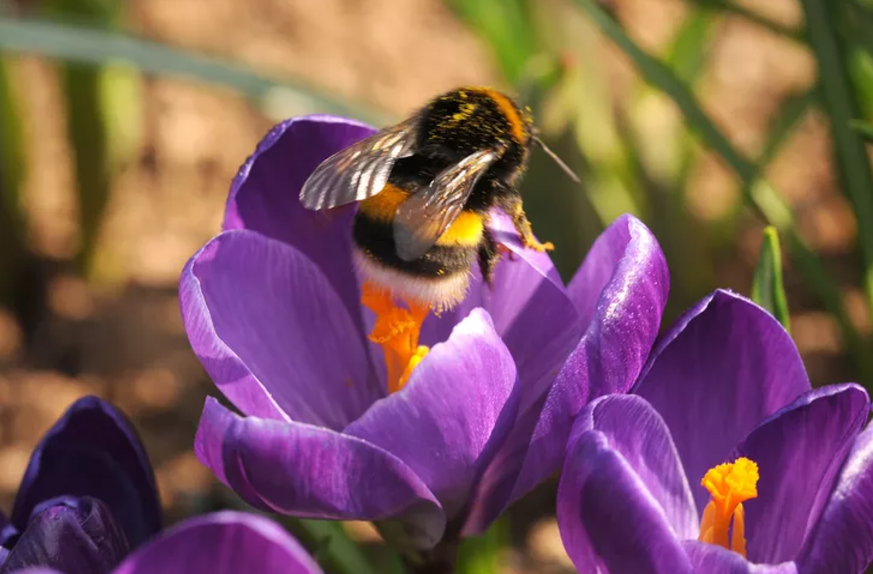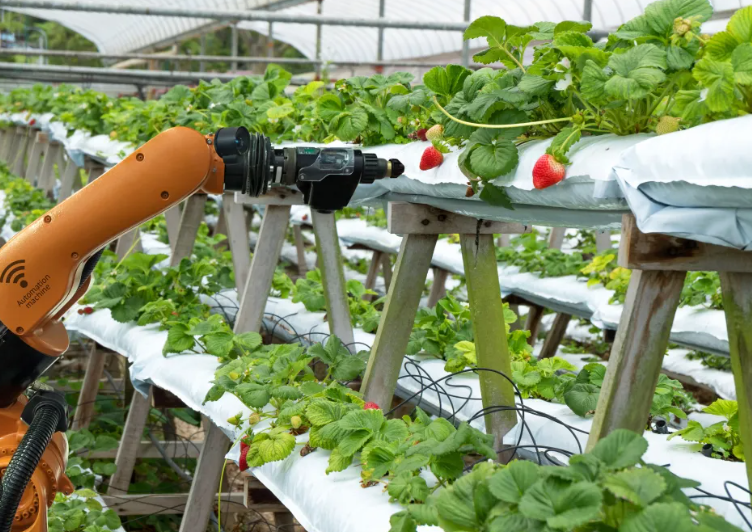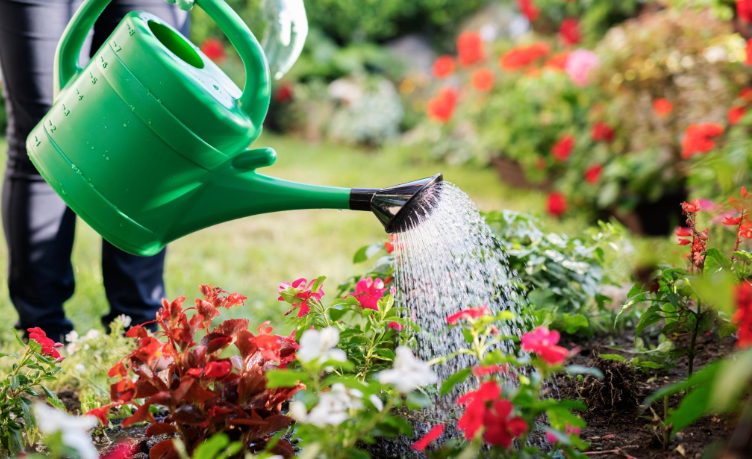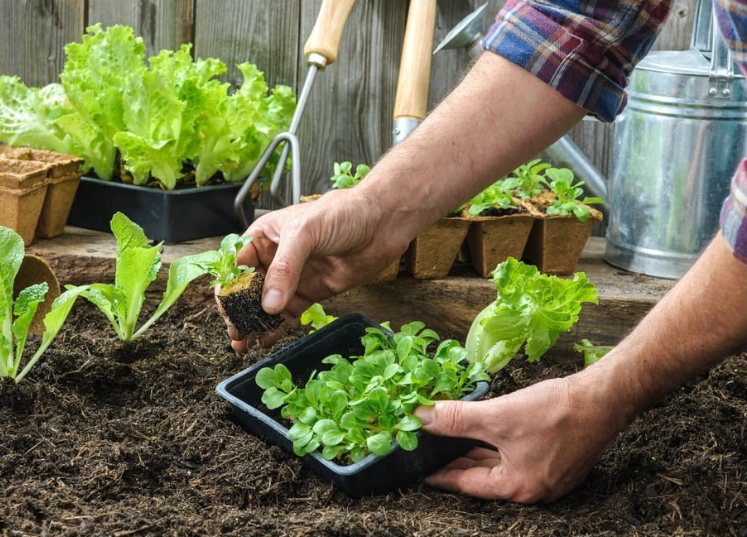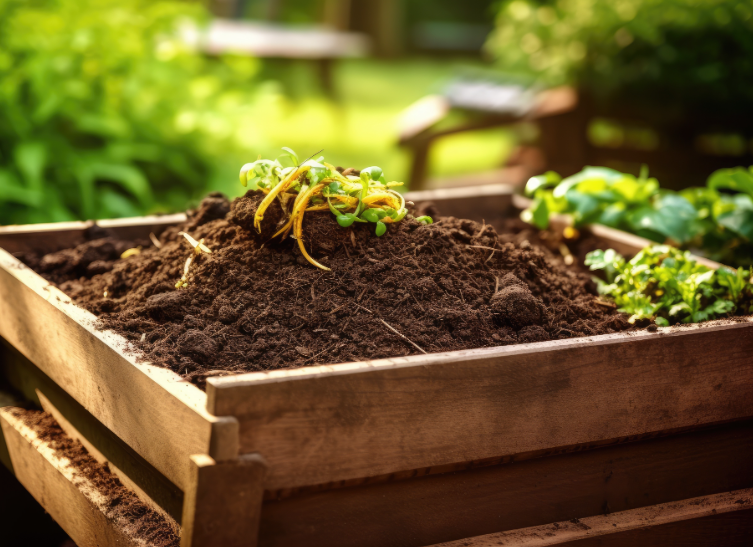Pest management is an essential part of maintaining a healthy garden, but many conventional pest control methods can be harmful to the environment. Sustainable pest management focuses on using natural, non-toxic methods to protect plants from pests while promoting biodiversity and minimizing harm to beneficial insects.
Integrated Pest Management (IPM)
One of the most effective approaches to sustainable pest control is Integrated Pest Management (IPM). IPM combines various strategies to control pests while minimizing chemical use. Here’s how you can implement IPM in your garden:
Monitor Pest Populations: Regularly check your plants for signs of pests and diseases. Early detection allows for more targeted treatments and reduces the need for broad-spectrum pesticides.
Encourage Beneficial Insects: Many insects, such as ladybugs, lacewings, and predatory beetles, are natural predators of garden pests. Planting a diversity of flowers that attract beneficial insects can help keep pest populations in check.
Use Organic Pesticides: If you do need to intervene, choose organic or natural pest control methods, such as neem oil, insecticidal soap, or diatomaceous earth, which are less harmful to beneficial insects and the environment.
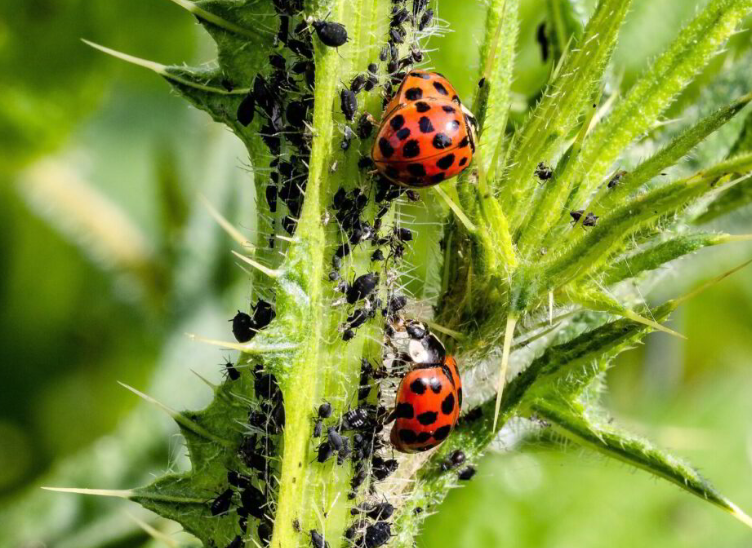
Physical Barriers: Use row covers, netting, or mulch to physically prevent pests from reaching your plants. These methods are highly effective for keeping out larger pests, like deer or rabbits.
